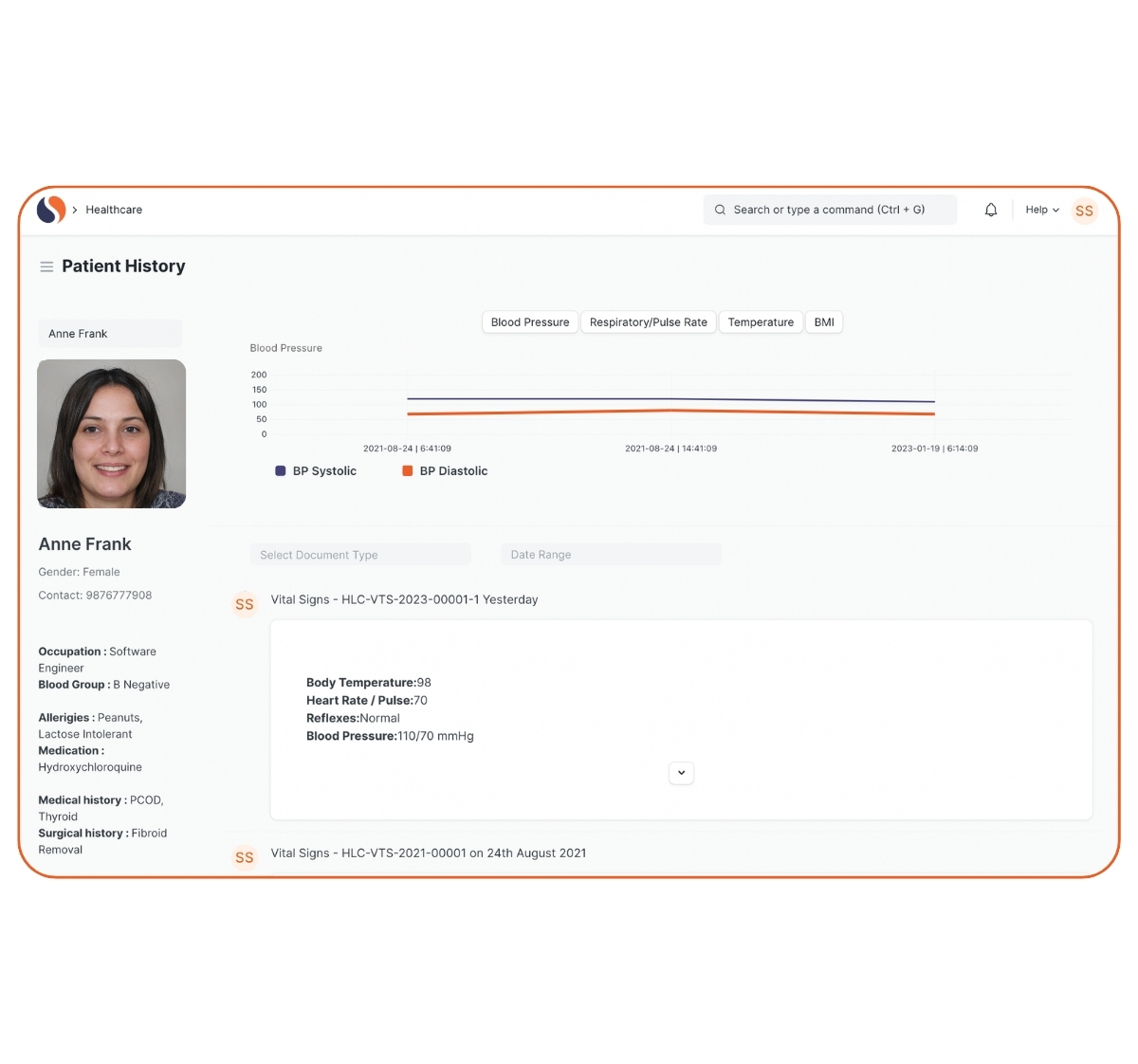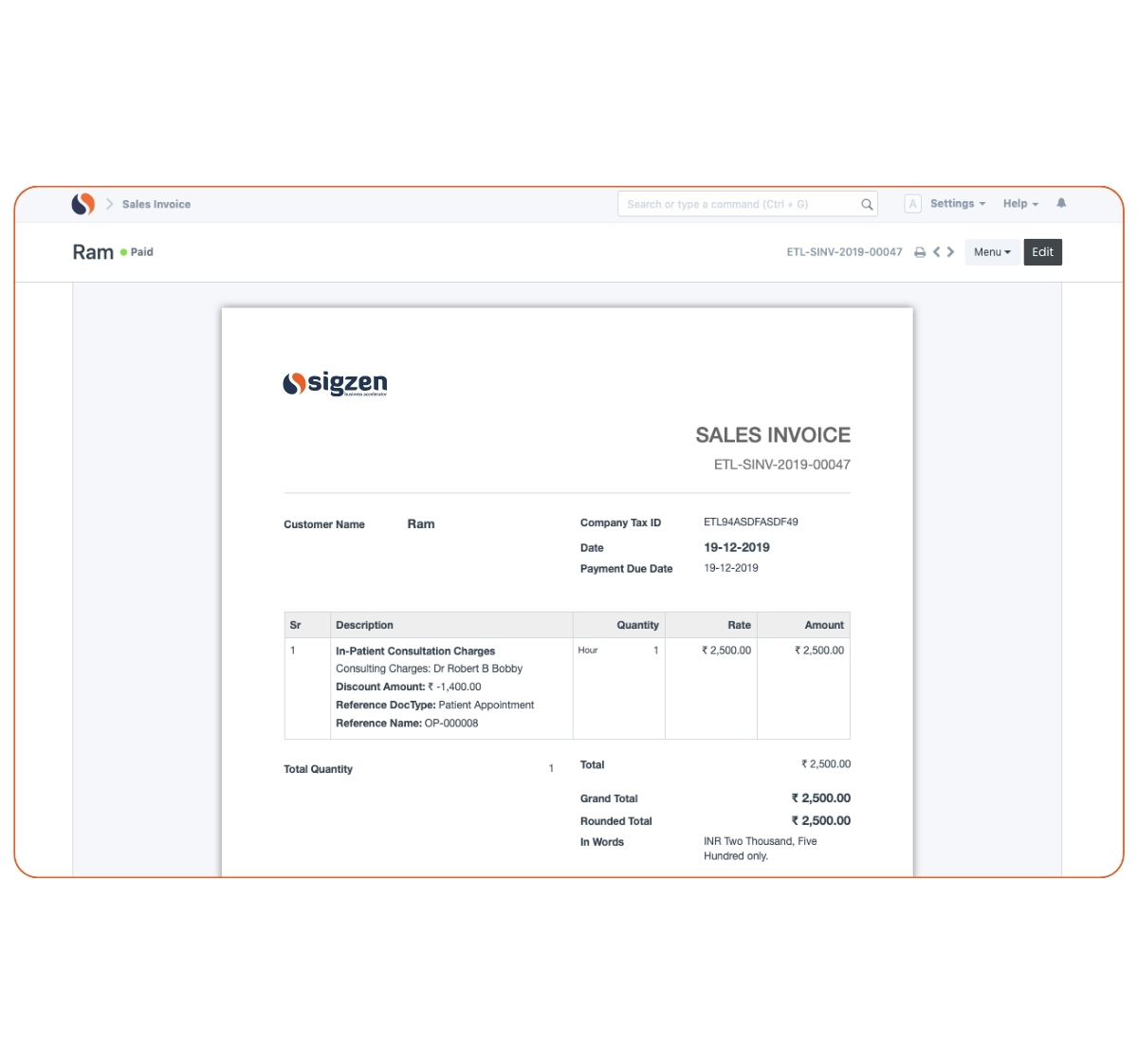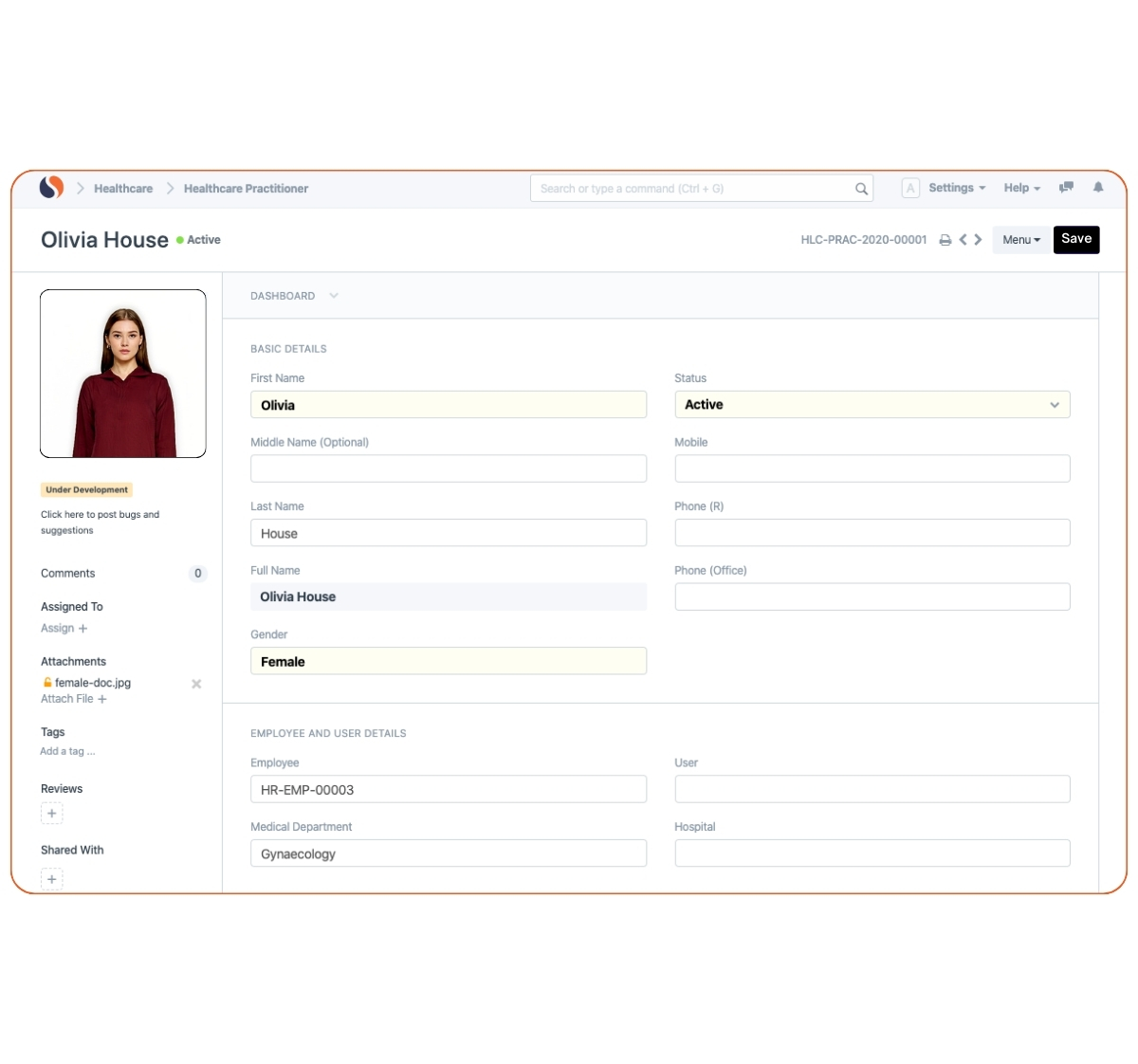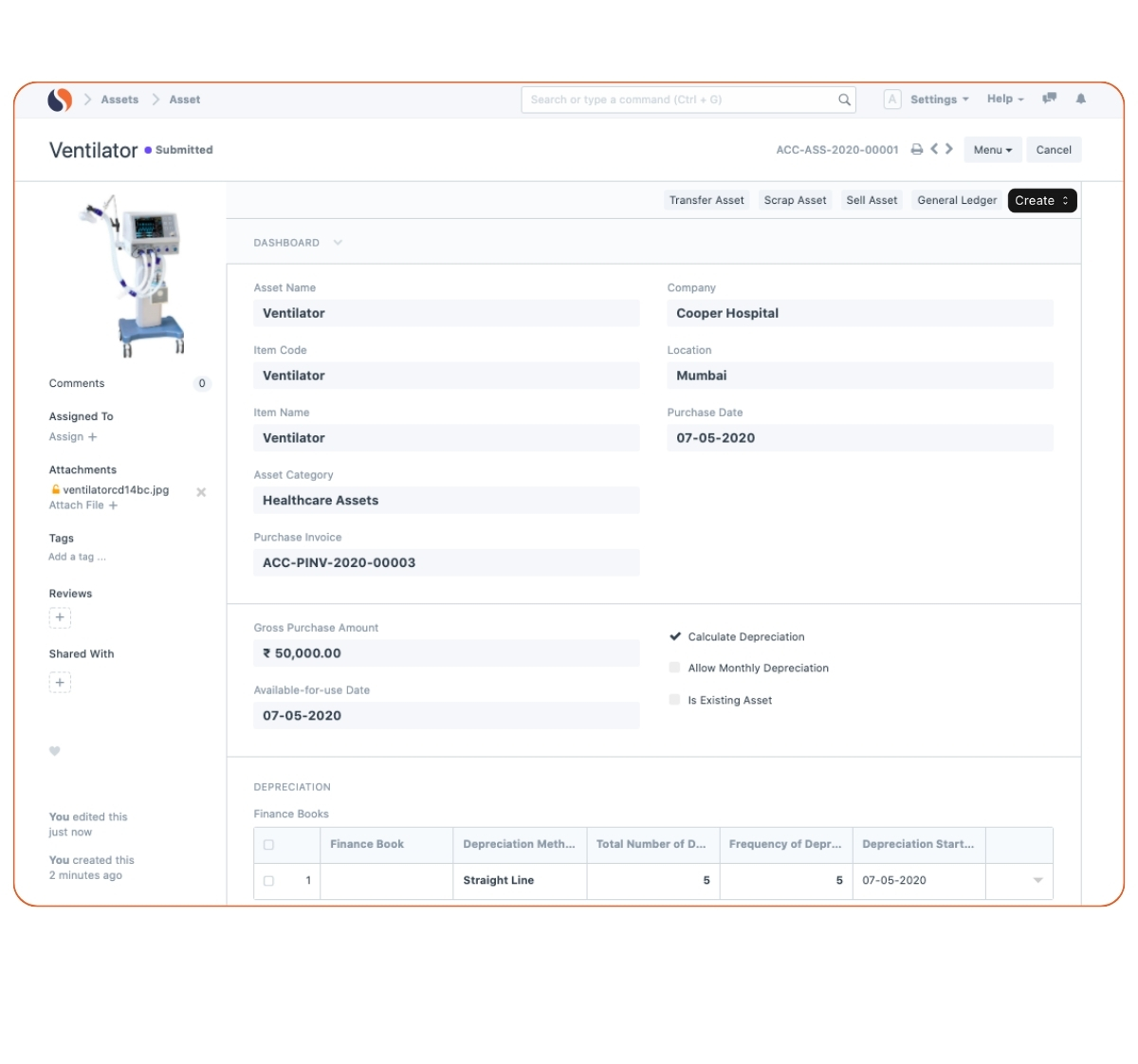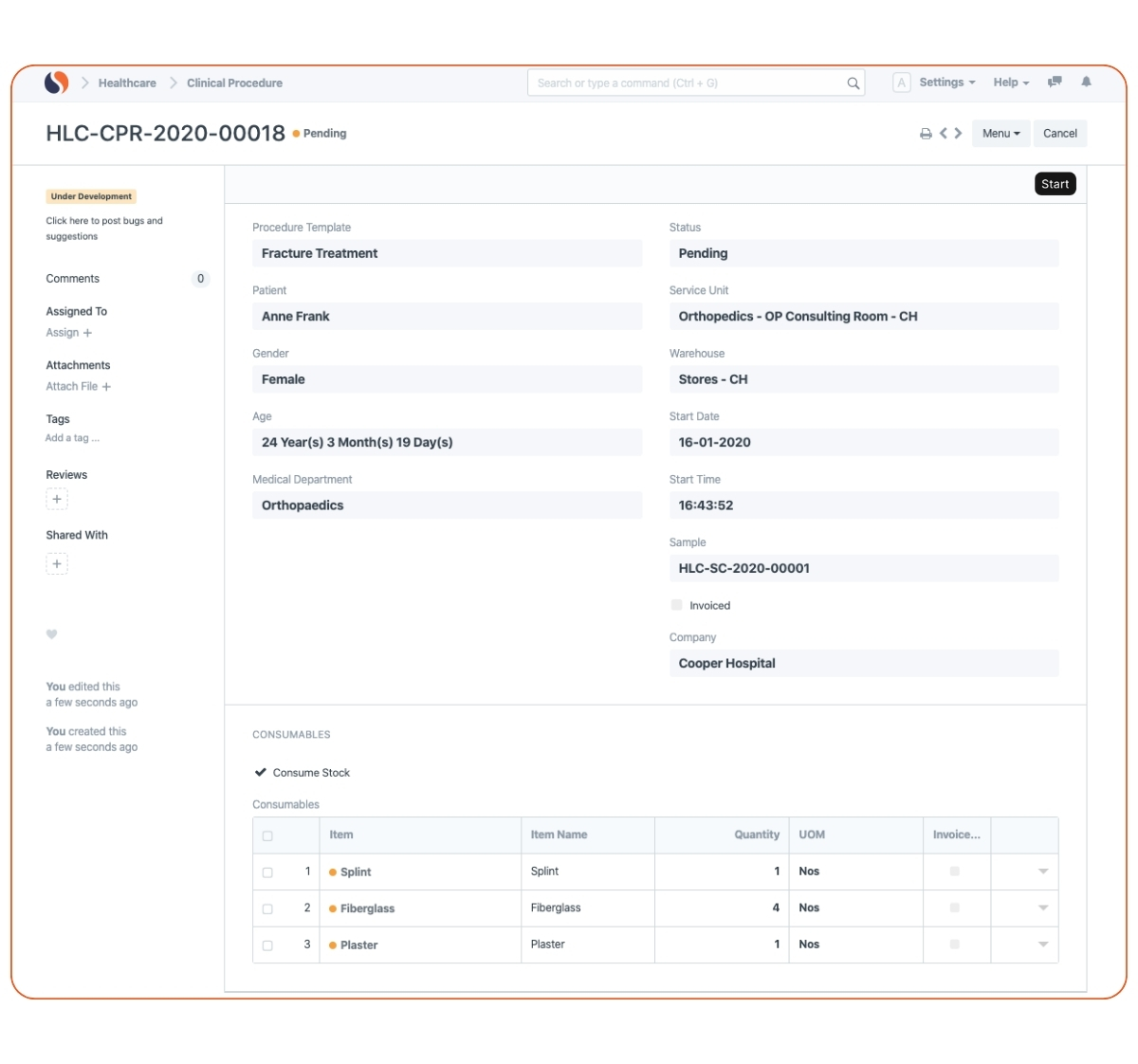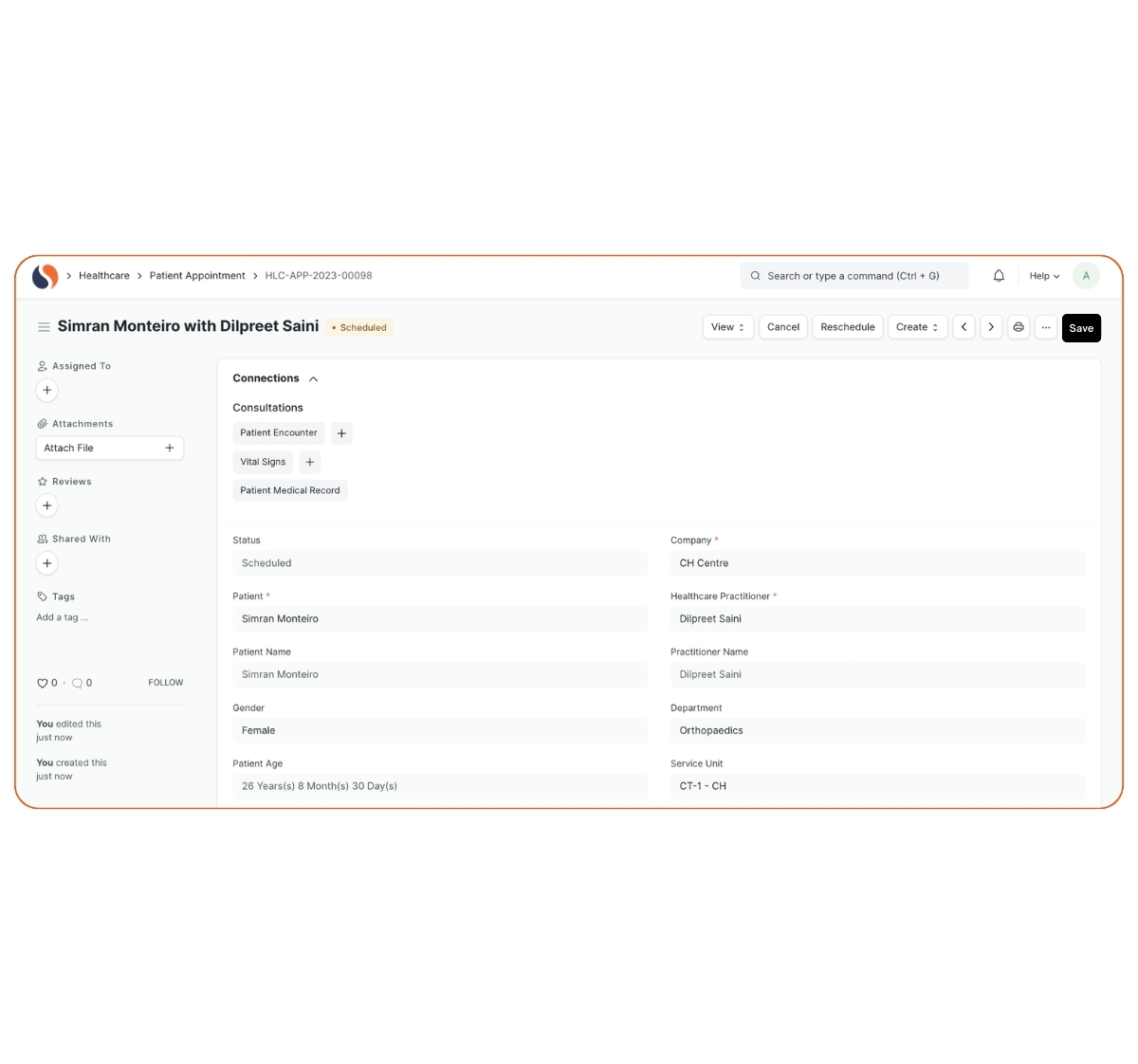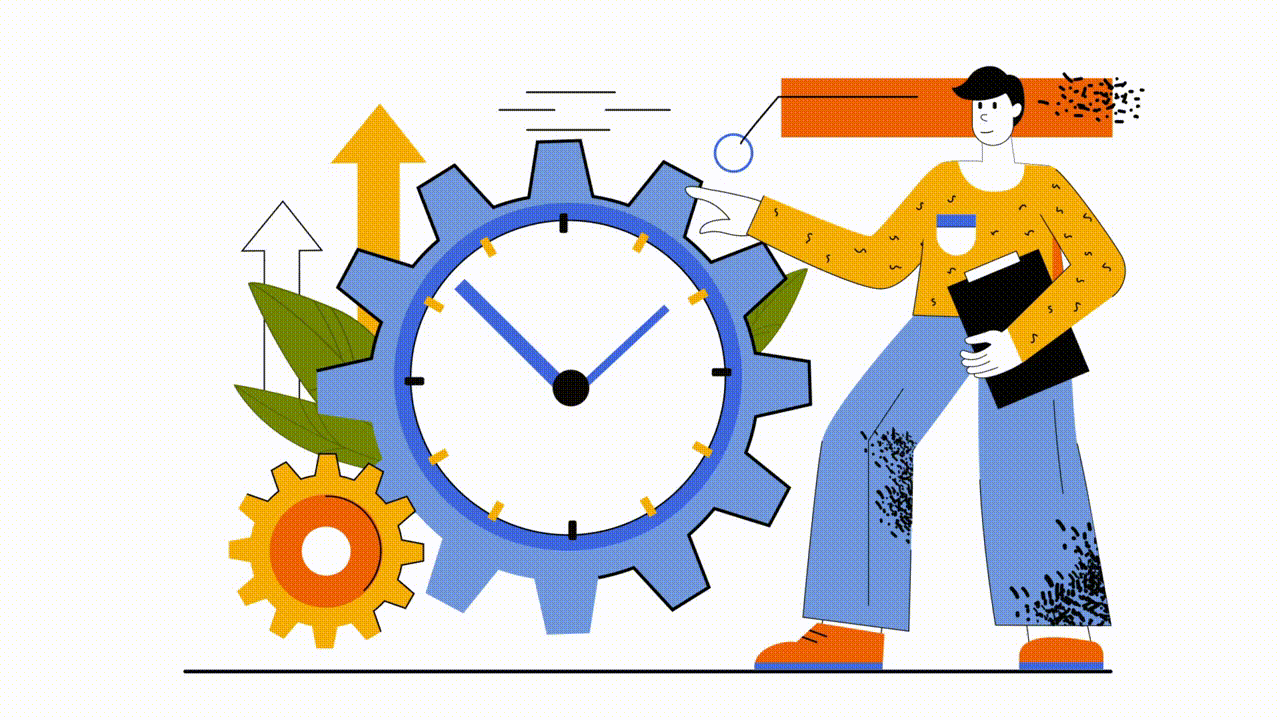Healthcare organizations are constantly challenged with managing vast amounts of patient data (like electronic health records – EHR/EMR), regulatory requirements, and operational complexities. Sigzen’s cloud-based ERP for the Healthcare Industry, powered by ERPNext, is designed to meet the unique needs of healthcare providers as a comprehensive hospital management system. It integrates clinical, administrative, and financial processes, providing a centralized solution that optimizes hospital and clinic operations, improves patient care, and enhances compliance with industry standards (like HIPAA, if applicable regionally). From patient management to billing and inventory control, ERPNext for Healthcare streamlines processes, ensuring a more efficient and patient-focused healthcare system.
ERP for the Healthcare Industry
Revolutionizing Healthcare Management with ERPNext

Key Features and Benefits of ERPNext for Healthcare
ERPNext Healthcare Core Module Integrations
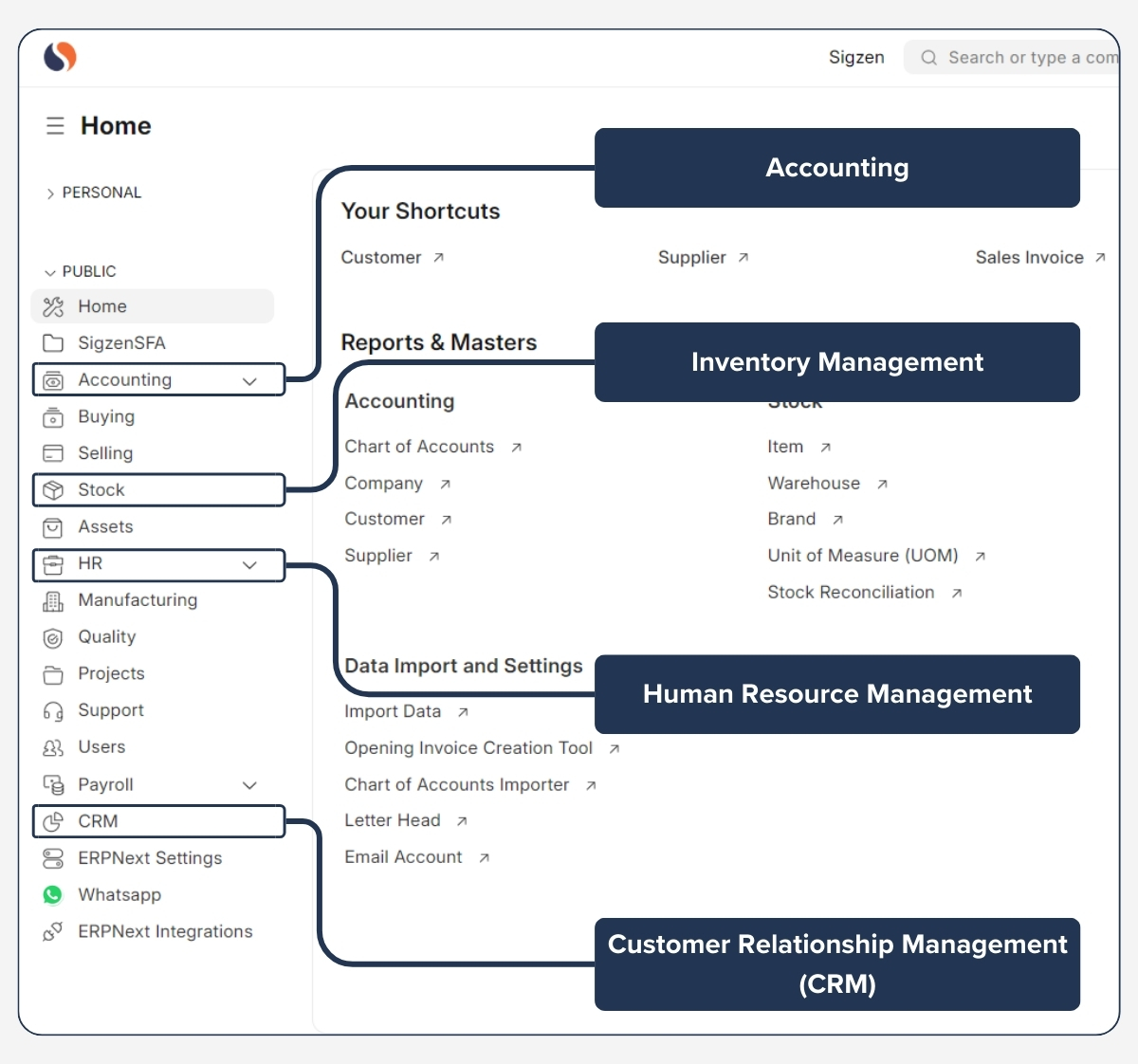
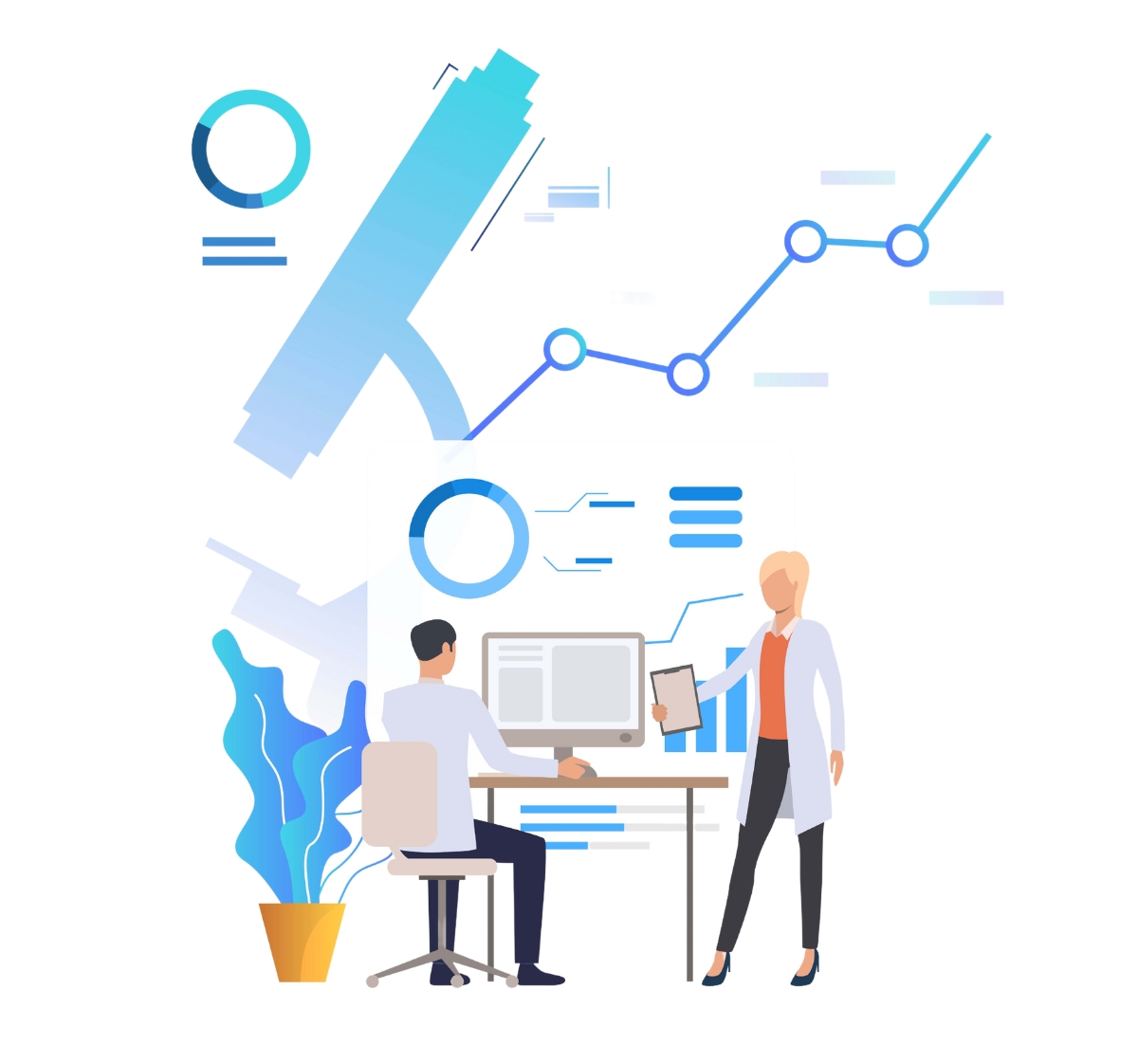
ERPNext Healthcare Integration with Third-Party Applications
ERPNext vs. Other ERP Solutions
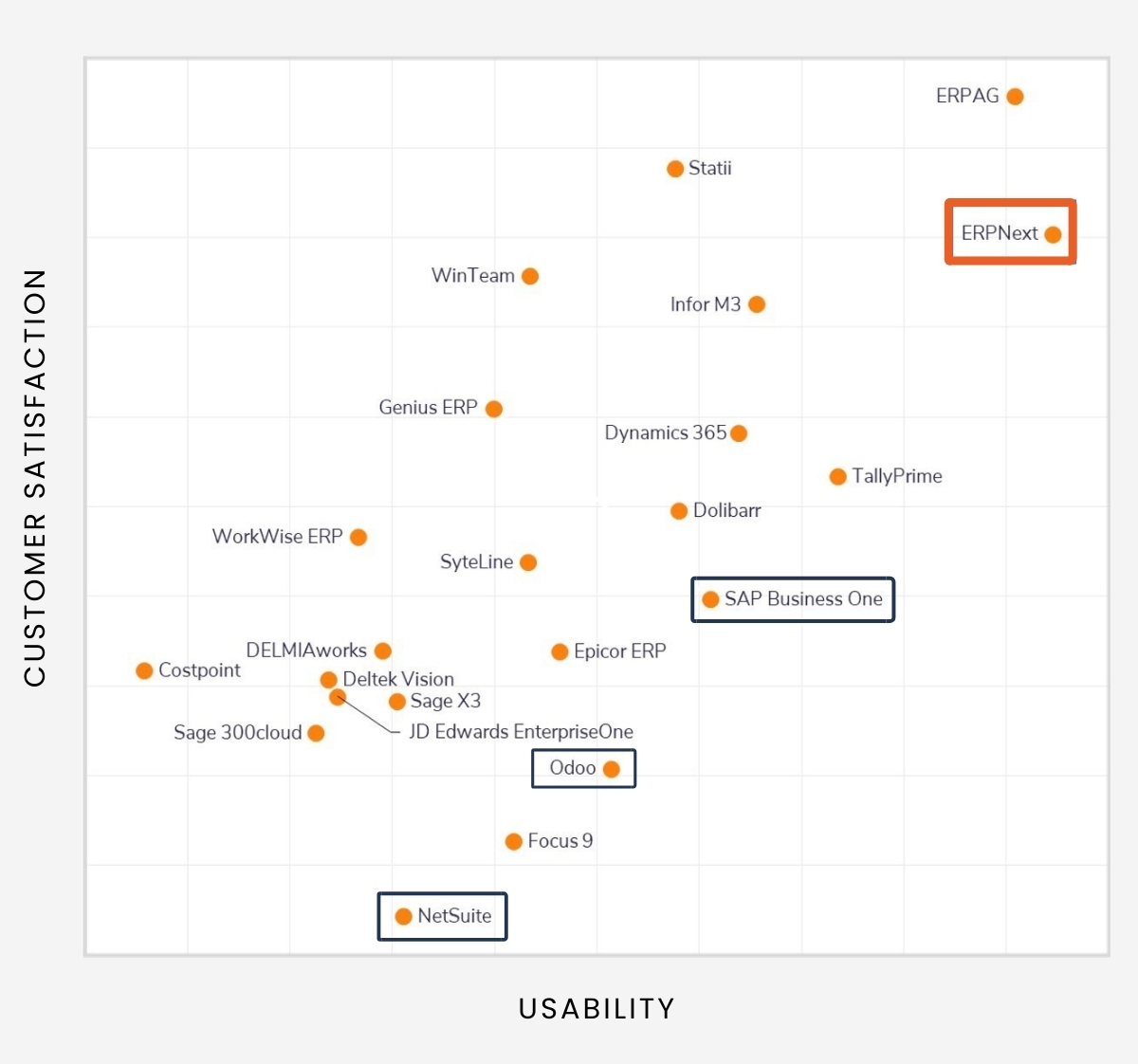
Book Your Free ERP Consultation & Demo
Ready to transform your healthcare operations? Contact Sigzen Technologies today to schedule a live, personalized demo of ERPNext’s Healthcare ERP solution and learn how it can improve patient care, streamline operations, and ensure regulatory compliance at your facility.
